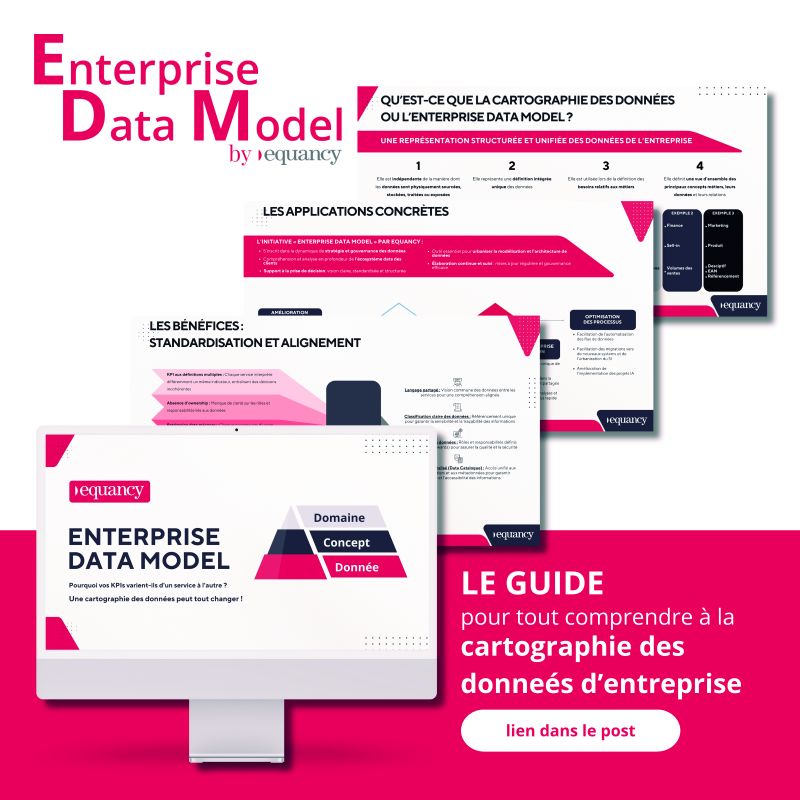Focus on 4 key challenges in digital marketing in 2023
1. The cookie is dying and the war of alternatives has begun!
With a planned end in 2024, search engines have already started phasing out third-party cookies. Today, several alternative solutions are available for advertisers:
- First-party data collection: a high priority for advertisers who, in this objective, improve their collection strategies. Essential to develop a personalized relationship with your customers and prospects and to know your audiences well, first-party data will be a valuable asset in the coming months!
- Data extrapolation: maintaining the existing architecture and tools by working on an extrapolation system that allows the modeling of digital indicators based on previous results. An interesting strategy that avoids starting from scratch!
- Server-side tracking: collecting data using tags that transmit information directly from the user's browser (web server) to marketing platform servers. Adding an additional layer of tag management on the site server so that data passes through the server before being sent to a third party (e.g. GA, Facebook or Bing). Thus, data sharing is better controlled. To date, although this solution has significant advantages (improved loading time, improved UX of sites, improved quality and data security, bypassing ad blockers...), its major disadvantage lies in its incompatibility with some tags and technologies (e.g. Progressive Web App sites).
- Direct tracking to lake: reusing tracking scripts for the web and mobile that are recognized and robust to collect behaviors on digital "properties" and send them directly to a data lake. This solution, used only for measurement, has the advantage of not requiring user consent!
- Contextual or semantic targeting: unlike individual targeting by third-party cookies, it does not focus on users' interests. It consists of displaying advertising content by theme and therefore adapted to the editorial context of each website. Contextual targeting respects visitors' privacy and allows publishers to monetize their audience with ads tailored to the page's content. The disadvantage is the impossibility of retargeting.
Of course, Google will propose its own alternative with the Topics solution, which offers thematic targeting, much less refined, by taking into account users' 5 favorite search subjects among 350 potential themes."
2. ChatGPT and BARD: AI for everyone
Having generated unprecedented enthusiasm, the greatest merit of ChatGPT - whose version 4 has just been released - is to have made artificial intelligence accessible to everyone. Not a day goes by without the uses of ChatGPT or Bart, the Google alternative, multiplying: chatbots, campaign optimization, content and emailing creation, code development...
Some advertisers and media quickly launched business uses of this generative AI:
- For example, at Orchestra, ChatGPT was tested to help developers create and correct lines of code.
- Le Routard uses it for SEO purposes to find the right titles and keywords to be better referenced.
- The American media company BuzzFeed has partnered with OpenAI, the creator of ChatGPT, for content creation on Instagram and Facebook.
- Snapchat, on the other hand, has integrated AI in the form of a chatbot designed to interact with users and not just be a simple search engine.
Between gadget use and real business benefits, it is necessary to detail each step of the marketing value chain and to consider what generative AI can concretely bring, either in cost reduction or in additional value.
3. How to adopt a CDP?
Choosing the right solution (out of the 161 identified by Statista in 2022!) to meet all marketing challenges, defining clear data governance, detailing the integration of the solution into the existing Marketing Tech ecosystem, dividing responsibilities among IT, Data, and Marketing teams, supporting change within teams, and adapting content production due to increased audience granularity... These are the questions that plague Data and Marketing Directors and to which they must respond.
More than ever, starting from business use cases is the preferred method to move forward quickly, with the support of hybrid teams that understand both Data and Tech issues and business challenges (media, digital, and CRM).
4. Farewell to Universal Analytics:
Transitioning to GA4 Tick tock... On July 1st, 2023, GA4 will become the only analytics tool offered by Google. With GA4, Google offers a new data model based on events and user-centricity. Integrating the GA4 tag is simple and allows for the collection of initial data. In a second phase, implementing a tracking plan designed for GA4 will allow for full utilization of the tool for analyzing user journeys and cross-device journeys. The final months of Universal Analytics are an opportunity to ensure a dual run between the two tools for data collection, comparing numbers, and redesigning reports.
Bertrand de La Selle
Digital Acceleration Associate




